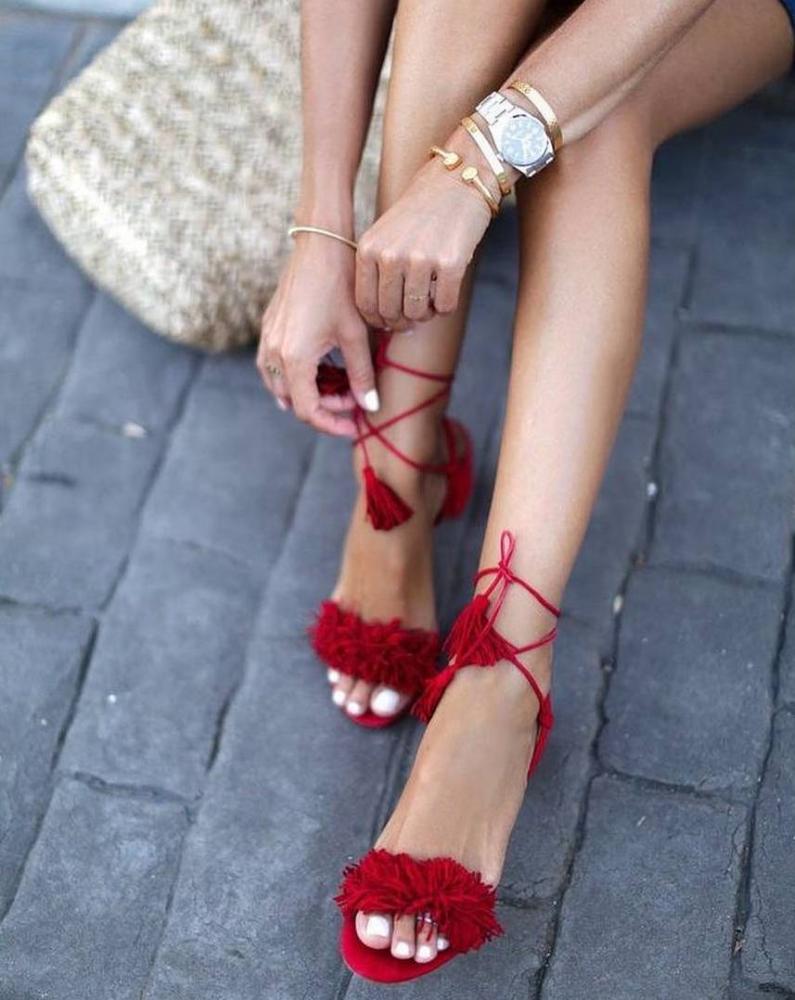Knockoffs Get Knocked Off
Aquazurra, a high end shoe company by Edgardo Osorio, is in the midst of a lawsuit against Ivanka Trump for copying the design of their Wild Thing Sandal.
October 2, 2017
No longer must you go to Canal Street for a good designer knockoff — just head to your local boutique or department store for a quality copy of the runway style. Designer fakes have plagued the luxury fashion industry for years, but with the popularity of fast fashion, stitch-by-stitch reproductions are available everywhere from Zara to Forever 21, with looks openly copied from one corporation by another.
The Italian luxury brand Aquazzura, a high-end footwear collection founded by Edgardo Osorio in 2011, has had enough of this practice. The company’s expensive and versatile shoes, worn by celebrities like Jennifer Lawrence and Rihanna, have garnered lots of attention from fashion bloggers and style icons for their striking design — especially their now-iconic Wild Thing sandal.
The heels have a suede fringe-covered strap across the toes and a thin wrap-around tie at the ankle. Ivanka Trump’s footwear company sold an incredibly similar style, the Hettie, at a significantly lower price point than the original $785, as did brands like Marc Fisher and Steve Madden.
In early 2016, Aquazzura sent cease-and-desist letters to Trump, as well as to several of the other larger brands selling heels similar to Wild Thing. This type of legal action is nothing new in the world of fashion infringement, and normally, the situations are resolved out of court. However, her company has not complied or been willing to settle, and Osorio refuses to back down, so Aquazzura has taken further legal action, and a court date may be set for next spring.
In the fashion industry, affordable brands take cues from celebrities and aspirational brands and recreate them — it is nothing new. In “The Devil Wears Prada,” Meryl Streep’s Miranda Priestly claims that even a trend as simple as a shade of cerulean blue originates on the runway and then is copied over and over again until it can be found everywhere, and that it how it has always been. But knockoffs are a tricky thing: it is hard to feel sympathetic when a high-end brand like Aquazzura is made more affordable, yet there is outrage when smaller indie designers like Los Angeles-based artist Tuesday Bassen are copied by mass retailers like Zara. If Aquazzura is successful in its cases against Trump’s company and others (thanks in no small part to the First Daughter’s notoriety), the legal precedent may help answer the question: When does inspiration become imitation?
A version of this article appeared in the Monday, Oct. 2 print edition. Email Alice Lammers at [email protected].



























































































































































